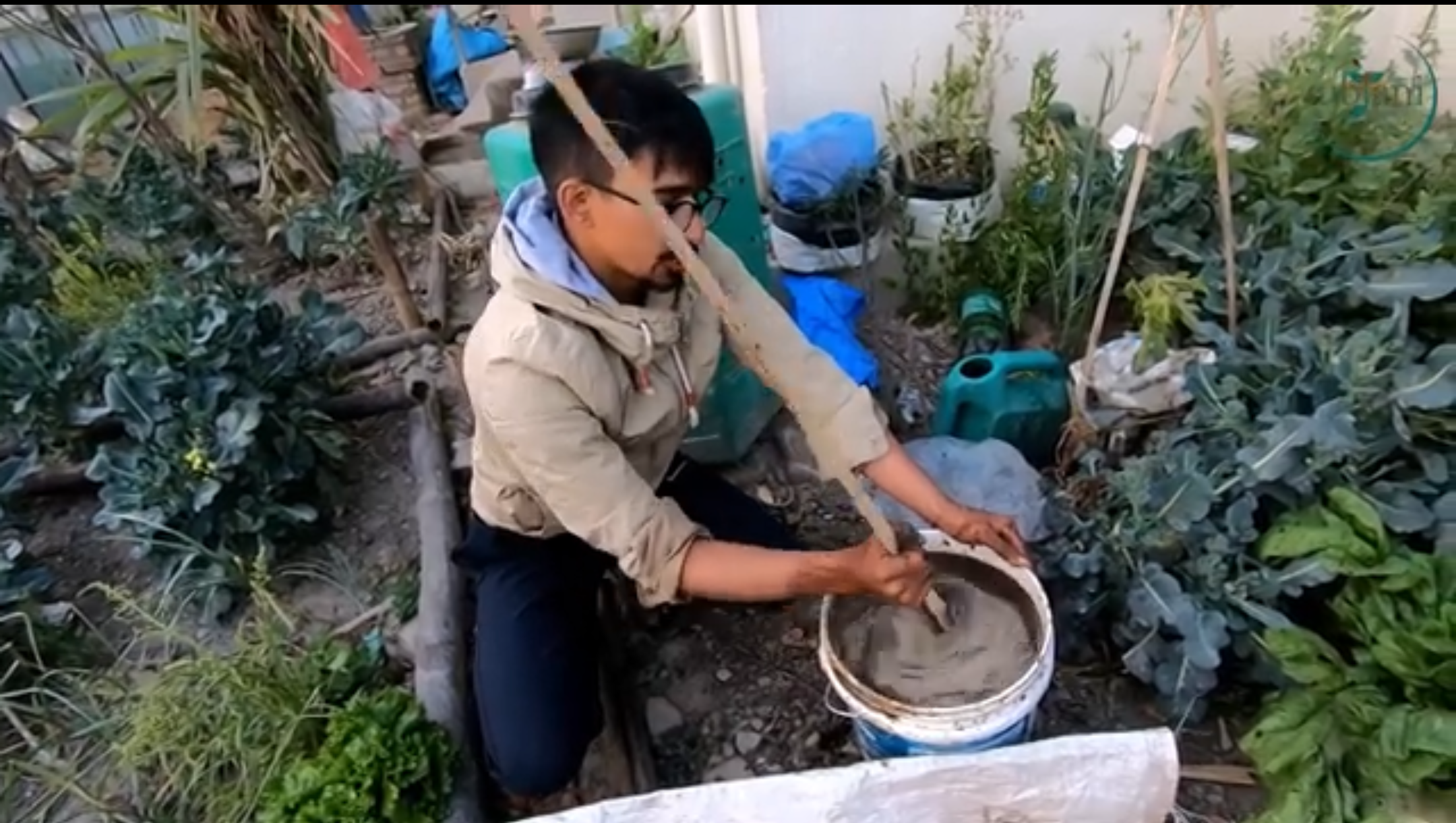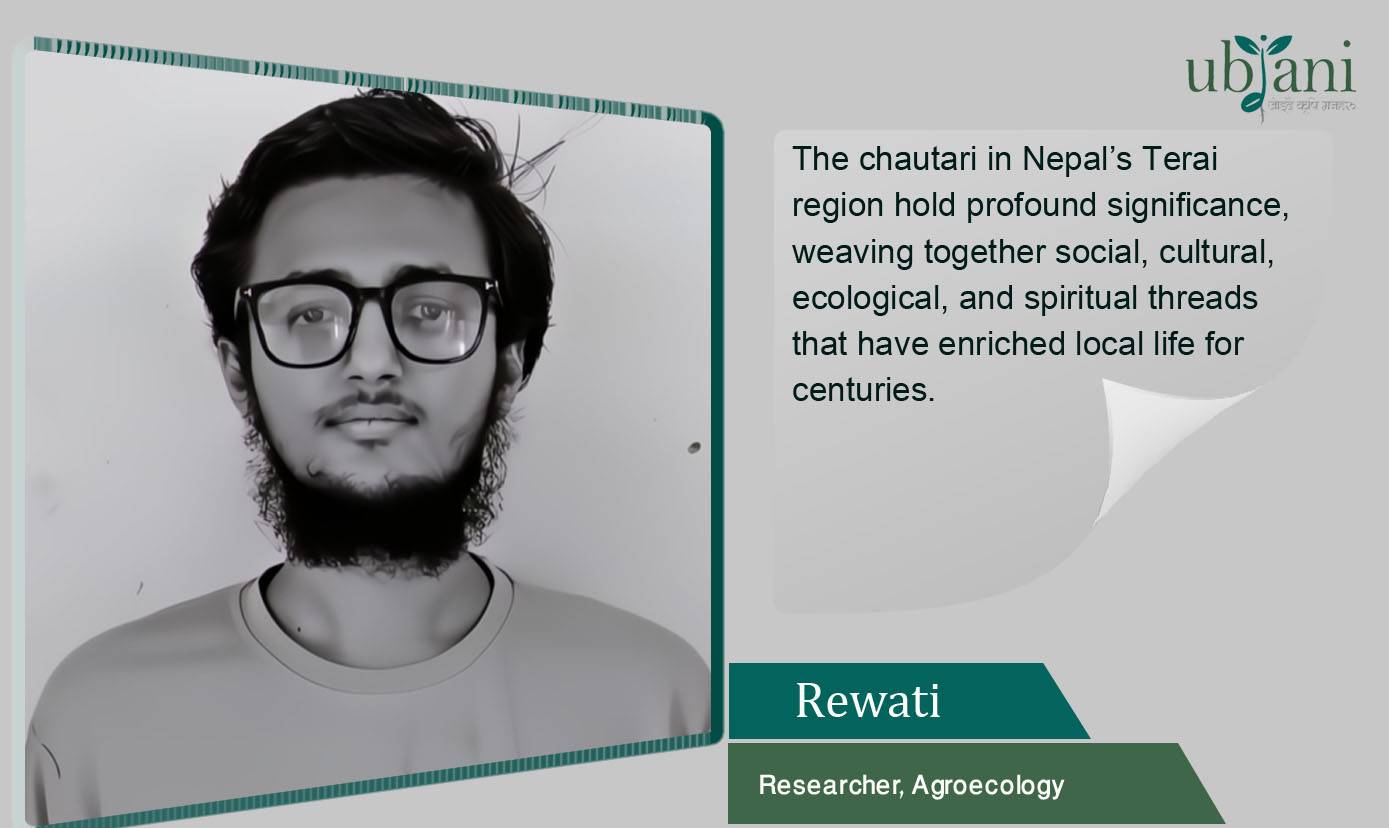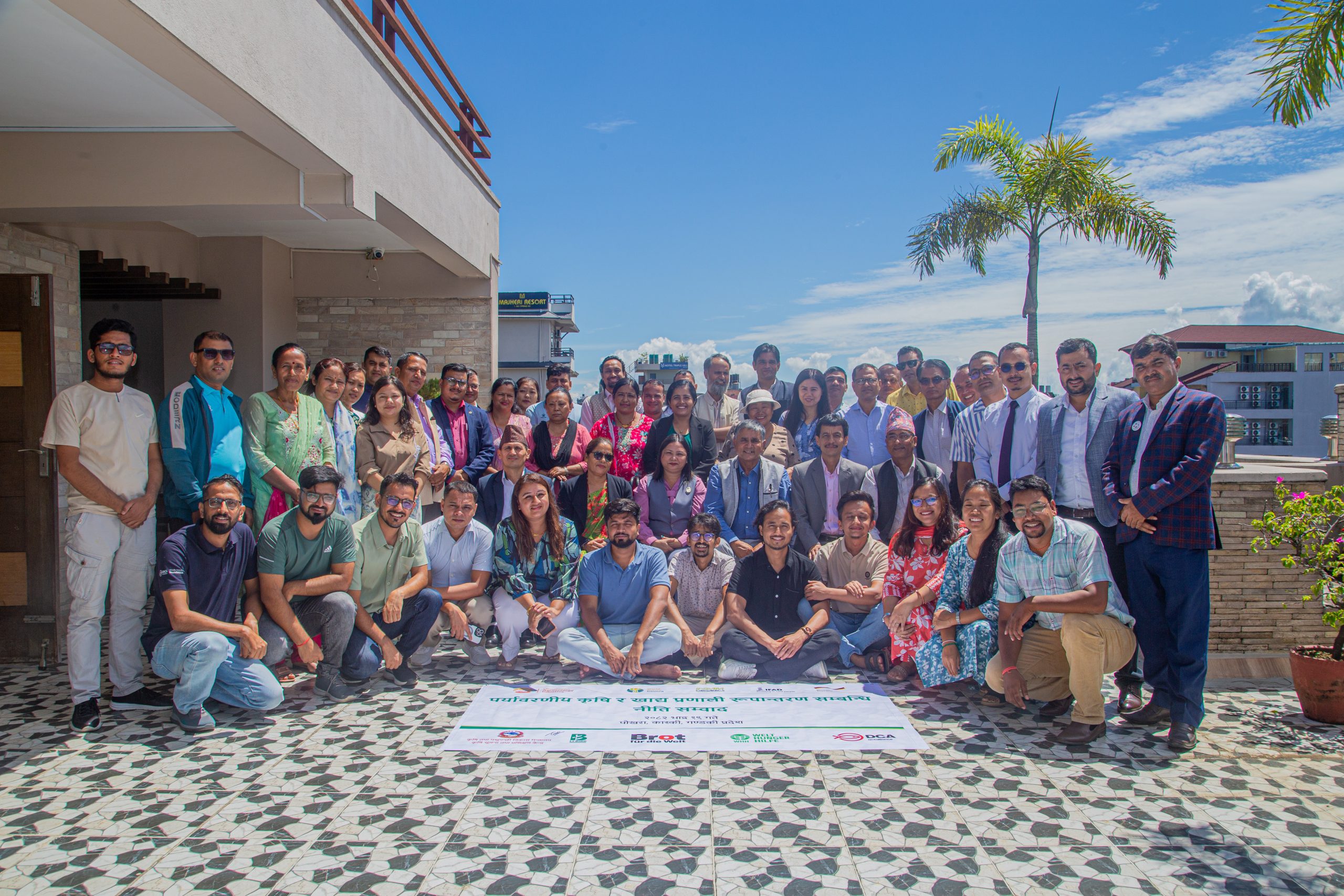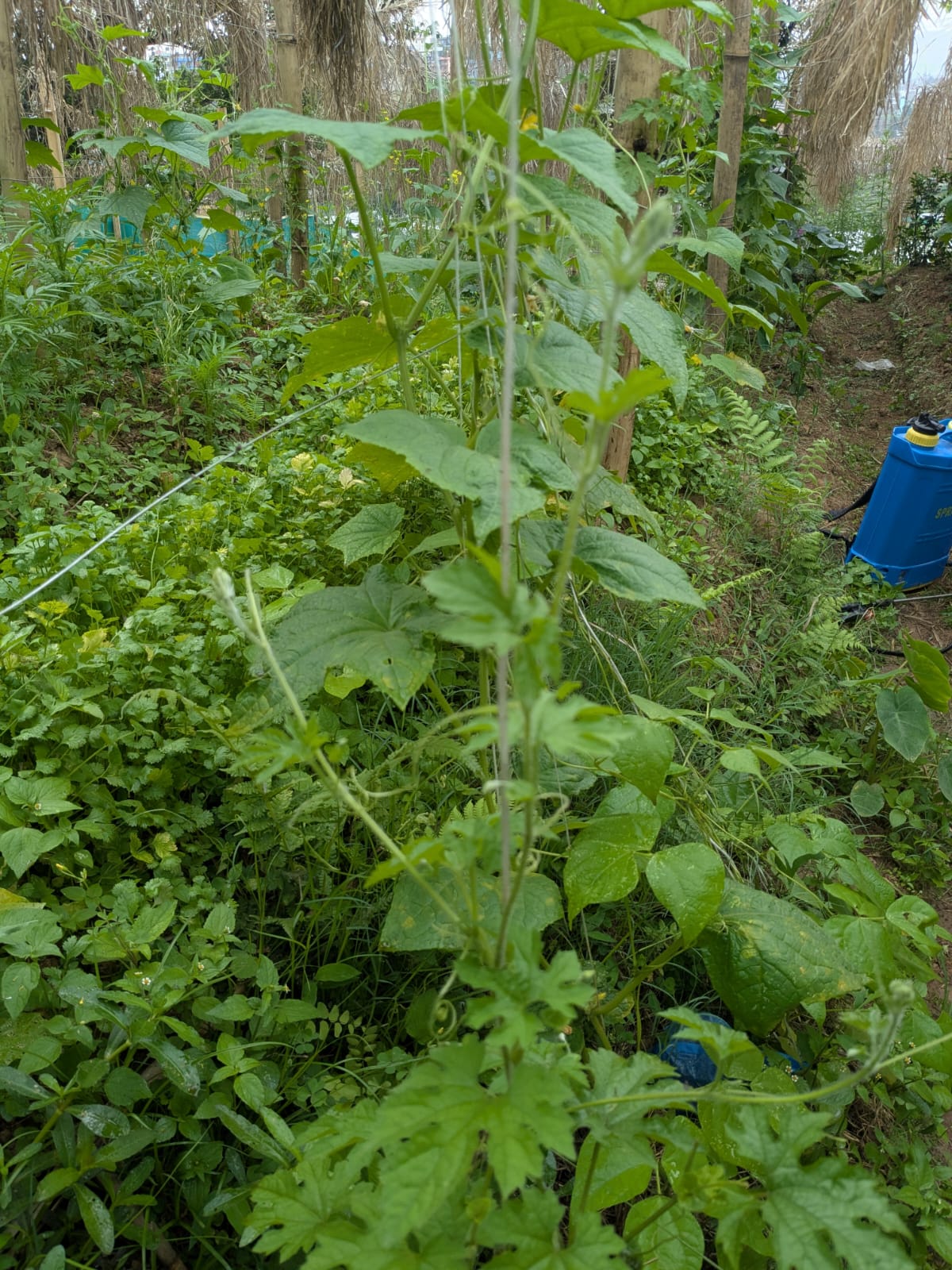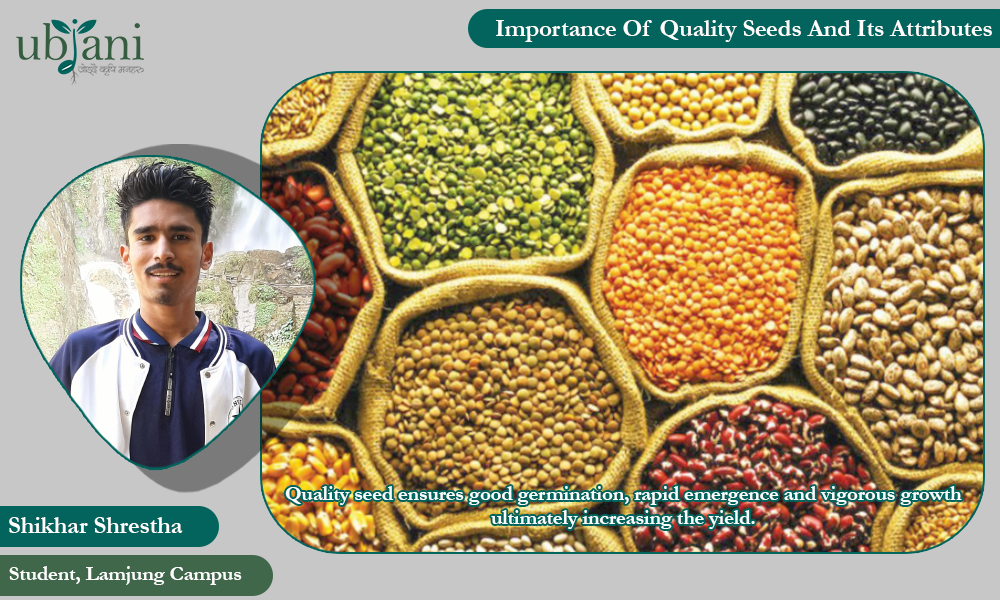
Plastic has become an inseparable part of our society. Lightweight, easy to handle, durability, flexibility, resistance to water, and other properties have made plastics ubiquitously popular. But their extensive use has confronted the environment with a challenging plastic pollution problem, affecting terrestrial to marine life. With this, plastic has grown to be one of the biggest threats to our environment. The hazardous and ecologically damaging threats necessitate its removal from the environment. In present years, we are minimizing the use of plastic to protect our environment from its hazardous effect. However, to avoid long-term environmental damage, we need to find a substitute for plastic soon. In the present scenario, with its cheap natural fiber and biodegradable nature, jute seems to be one of the best substitutes for plastic.
Benefits of replacing plastic with jute
1. Plastic is not a biodegradable material. It takes up to 500 years to degrade and its pieces still carry industrial chemicals. Its single-use design demands more production. In contrast, jute is a natural fiber, it’s biodegradable, disappearing in a short period of time.
2. Period of a few weeks to a few months. It is a durable and robust material that can be reused numerous times.
3. Plastics are made using billions of barrels of petroleum, which is a non-renewable source of energy. Approximately 30 grams of CO2 is emitted for each ounce of polyethylene produced (US EPA). Plastic releases toxic gases like nitrogen oxides, sulfur dioxide, volatile organic chemicals, and polycyclic organic matter.
4. Jute, on the other hand, helps in carbon sequestration. Studies show that one hectare of jute plants can soak up roughly 15 tons of CO2 and release about 11 tons of oxygen throughout one season, which in turn reduces CO2 concentrations in the atmosphere. Jute growth requires less water than most crops.
5. Jute crop adds substantial amount of organic matter through a leaf shedding and decaying of root in the soil improving the soil health. Deep root systems break the hard pan of soil and improve the physical, and chemical properties of soil. Jute cultivation using crop rotation techniques improves the fertility of the soil for the next crop.
Jute and SDGs
It can be taken into consideration that, the increase in production and consumption of jute (as a substitute for plastic) will meet five of the seventeen Sustainable Development Goals of United Nations.
1. End poverty in all its forms everywhere: decrease in plastic production and increasing use jute items instead, will lead to a rise in jute demand and farmers will benefit from it improving their lifestyle and increasing their incomes.
2. Ensure healthy lives and promote well-being for all.
3. Ensure sustainable consumption and production patterns: this goal aims to do, “more and better with less.” Usage of jute will reduce resources use, degradation, and pollution along the whole lifecycle, while increasing the quality of life.
4. Take urgent action to combat climate change and its impacts: producing plastic bags means lots of gas emission which is causing climate change. Jute production is completely green.
5. Conserve and sustainably use the oceans, seas and marine resources: reduction in plastic bags production will save millions of aquatic animals, such as sea turtles and whales, from extinction.
Production of jute in Nepal
Countries around the world are looking to cut down the use of single-use plastic, but Nepal already has a sustainable substitute that cannot be ignored anymore – the “golden fiber” also known as jute. Nepal holds 5th position among the top producers of jute in the global market. Production of jute in Nepal is prominent in the Terai belt. The most plantation is located in the eastern region of Koshi, Sagarmatha, and Mechi zones. The annual production of jute in Nepal is estimated to be about 18000 tons per hector. Nepal exports many unique and traditional jute products and accessories worldwide.
Jute production has increased in recent years in Nepal. Many farmers in eastern terai are engaged in jute farming. Moreover, Nepal has over ten industries in the Sunsari-Morang industrial corridor which, employ more than 20000 people. But farmers are facing many issues during jute production. Some major issues affecting jute farming include low price, unavailability of high-quality seeds, inadequate irrigation water during sowing season, shortage of labor at the peak season, and retting water issues.
However, the benefits of Jute Farming far outweigh the challenges being faced by the jute production, and we need an innovative substitute to partially and eventually replace the single use plastics to save the environment, and the food chain. The jute production must increase despite all the challenges. We can easily say that jute might be the most beneficial solution. With it, countless products can be produced, such as reusable bags, chair coverings, curtains, hessian clothes, area rugs, etc. Nepal has been producing such products for a long time. Now, it is our turn to eliminate plastics from our lives and give priority to our jute products. Our small gesture can encourage farmers for jute production and provide assistance to all the people generating their income from jute-based industries to uplift their livelihood. In this way, we can support jute production, jute-based industries and, at the same time, protect our mother nature from plastic pollution.
We will never get this opportunity to support our farmers, promote our local product and conserve our environment all at the same time. So, how about we start it today from us, our homes, our society, and our country. Because as a quote says, “If not us, then who? If not now, when?” Together let’s be the first country to eliminate plastics and give chance to our local products.





